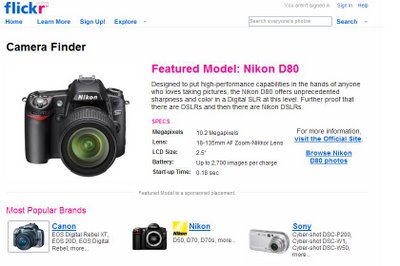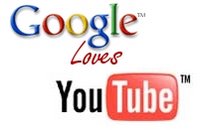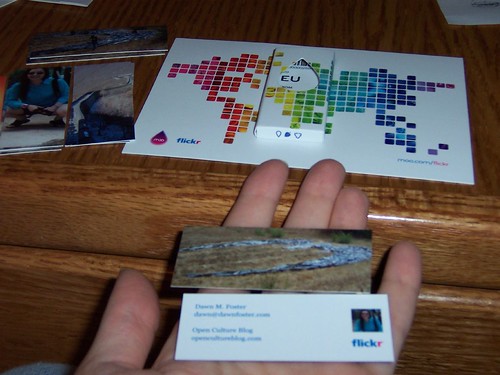
The Washington Post claims that “In Teens' Web World, MySpace Is So Last Year.”
"I think it's definitely going down -- a lot of my friends have deleted their MySpaces and are more into Facebook now," said Birnbaum, a junior who spends more time on her Facebook profile, where she messages and shares photos with other students in her network.
From the other side of the classroom, E.J. Kim chimes in that in the past three months, she's gone from slaving over her MySpace profile up to four hours a day -- decorating it, posting notes and pictures to her friends' pages -- to deleting the whole thing.
"I've grown out of it," Kim said. "I thought it was kind of pointless."
Such is the social life of teens on the Internet: Powerful but fickle. Within several months' time, a site can garner tens of millions of users who, just as quickly, might flock to the next place, making it hard for corporate America to make lasting investments in whatever's hot now.
The high school English class cites several reasons for backing off of MySpace: Creepy people proposition them. Teachers and parents monitor them. New, more alluring free services comes along, so they collectively jump ship. (Quote from The Washington Post)
I can attest to the creepiness. I have received “friend” requests from all sorts of creepy people to the point where I cringe when getting ready to look at a request to see whether I know the person in real life, and I do not spend much time on the site. Younger girls may be even less equipped to handle these situations, and by spending more time on the site, they probably see many more of these requests than I do.
With all of the press around MySpace drawing parents, teachers, and prospective employers to view MySpace pages, young people must feel like they are under a microscope instead of hanging out with friends in a casual environment. As a teen, this might drive me to switch to another social networking site.
It will be interesting to see if Facebook continues to grow to become the dominant social networking site for teens / college students. It will also be interesting to see if Facebook users entering the professional workforce after college continue to use it or whether they migrate to another social networking site or give up the idea of social networking entirely (doubtful).
Teens have always been a fickle crowd. What is hot one day becomes uncool the next. Cynthia Brumfield compares the switching behavior of teens in social networking to television shows:
This meteroic rise and ultimate dwindling puts me in mind of hit TV shows. At their best, hot TV shows can dominate the cultural consciousness, generating huge (although that’s a relative term given the increasingly fractionalized) audiences and scads of ad revenue. If it weren’t for the artificially (i.e. regulation-induced) complex nature of the TV programming marketplace, with most producer profits earned in the back-end during syndication, a hit TV show that soars and then fizzles (remember “Twin Peaks”) could be a very profitable enterprise. In other words, a TV show that becomes a hit but doesn’t stay a hit could make lots of money.
Moreover, hit TV shows can become the springboard for more money-making ventures, even when they fade (“Cheers” spawned “Frasier”). The trick for any given TV production company is to keep the creativity and business ingenuity going, and not rest on past successes.
The same thing holds true for hot web properties such as MySpace. MySpace is bound to fade—the Internet is a very contestable market, as economists say, and rivals can step in at any time, particularly for something as technically simple as social networking. But there’s little doubt that News Corp. has a chance to make money with MySpace while it’s still popular and the company is doing everything it can to exploit MySpace while it’s still warm.
The trick for News Corp., or Google, which just paid $1.65 billion for YouTube (another site highly vulnerable to competition) or any other entertainment business on the Internet is figuring out where they go from here. They can’t just sit back and expect to rake in the dough, hoping that their hit sites stay hot. They have to move forward and leverage their hits to create the next big thing. (Quote from Cynthia Brumfield on the IP Democracy blog)
This could be a sign that MySpace is fading into oblivion; however, I am not ready to predict the death of MySpace yet. Despite the migration of some teens to other sites, MySpace still has quite a bit of momentum. I expect that MySpace can continue to ride this momentum for a while before heading into a death spiral. It is also conceivable that News Corp could find a different, and profitable, niche for MySpace around music, other age groups, or some other aspect of social networking.





















 participating in
participating in 






